
‘Auto-Tune Led Us Here’: Jermaine Dupri Sets Off a Firestorm After Comparing AI Artists to Milli Vanilli’s Lip-Sync Shameless Story
Jermaine Dupri Calls Out AI Artists Amid Industry Debate
Music producer Jermaine Dupri is sparking conversation once again, this time over the rise of AI-generated artists — decades after Gayle King’s viral interview brought the topic into mainstream discussion (CBS News).
For years, the So So Def founder has expressed his reservations about AI replacing real talent. But this week, AI artist Xania Monet made history as the first of her kind to debut on a Billboard radio chart, reigniting debates about authenticity in music (Billboard).

The AI Behind the Curtain
The woman behind Xania Monet is Telisha “Nikki” Jones, a 31-year-old Black songwriter who openly admits that she lacks the vocal range typically expected of a performing artist. During her appearance on CBS Mornings, host Gayle King directly questioned Jones’ vocal ability:
“But you can’t sing! So in that sense, she’s not a real person,” King said (CBS News).
Jones explained that she writes all of Xania Monet’s lyrics herself, drawing inspiration from her personal experiences and those of her loved ones. Using the SUNO music app, Jones generates the vocals for Xania Monet, treating the AI persona as an extension of herself rather than a replacement for human creativity.
Dupri Draws Parallels With Milli Vanilli
After Jones’ identity became public, Dupri took to X (formerly Twitter) to call out the irony in the industry’s embrace of AI performers. He likened the trend to the Milli Vanilli lip-syncing scandal of the late 1980s, when the pop duo was stripped of their Grammy Award after it was revealed they hadn’t sung on their own records (Rolling Stone).
“So let me get this right,” Dupri wrote on Nov. 6. “Years ago, the industry found out Milli Vanilli weren’t really the voices on their Grammy-winning record, and they were stripped of their Grammy. But now we’re getting ready to accept people who can’t even sing, creating songs for a fake person? How is this any different than Milli Vanilli?” (The Shade Room).
Milli Vanilli, fronted by Fabrice Morvan and Rob Pilatus, topped charts in 1989 with hits like Girl You Know It’s True and Baby Don’t Forget My Number. The duo’s careers collapsed overnight in 1990 when it was revealed they had signed a contract allowing them to lip-sync to vocals recorded by American singers, a contract they admittedly never read (Rolling Stone).
Industry Reactions and Fan Debate
Dupri’s post quickly went viral, prompting debates among fans and fellow artists. Some attributed the trend to tools like Auto-Tune, widely used by artists such as T-Pain, Kanye West, Future, and Will.i.am. Others suggested that fans could combat AI music by simply refusing to stream it. One X user commented:
“If a human writes, produces, and makes the beat and just uses AI to perform the record, then it’s no different than what you do. I don’t see the issue. Anything outside of that scenario I’m not with.”
Support From Timbaland
While Dupri remains skeptical, other industry veterans are embracing AI. Timbaland, the Grammy-winning producer behind hits for Aaliyah, Missy Elliott, and Justin Timberlake, has publicly supported Jones and her AI project. In September, he praised Xania Monet on Instagram, highlighting her musical achievements despite being AI-driven (Variety).
Timbaland also introduced his own AI artist, TaTa Taktumi, a project he calls A-Pop (AI Pop). Despite fan backlash accusing him of tarnishing his legacy, Timbaland emphasized that AI in music still relies heavily on human creativity:
“You still need the human element. I just use AI to add other elements to my music. It’s 80-85% human,” he told Variety.
“The beauty of the tool is that I’m still using musicians, but I can also go, ‘Those strings need to be a Mellotron 1970 Chinese monotone,’ and then I just take that as a stem and put it on my original beat.”
The Future of AI Artists
Jones’ Xania Monet recently signed a $3 million deal with Hallwood Media, and there are already plans for potential live performances, signaling that AI-driven acts are becoming more mainstream (Billboard). While debates over authenticity, artistry, and fan reception continue, one thing is clear: the music industry is entering a new era where human creativity and artificial intelligence intersect in unprecedented ways.
As the conversation unfolds, artists like Dupri and Timbaland represent two sides of the debate — one cautioning against replacing human talent, the other exploring AI as a creative collaborator.
News in the same category

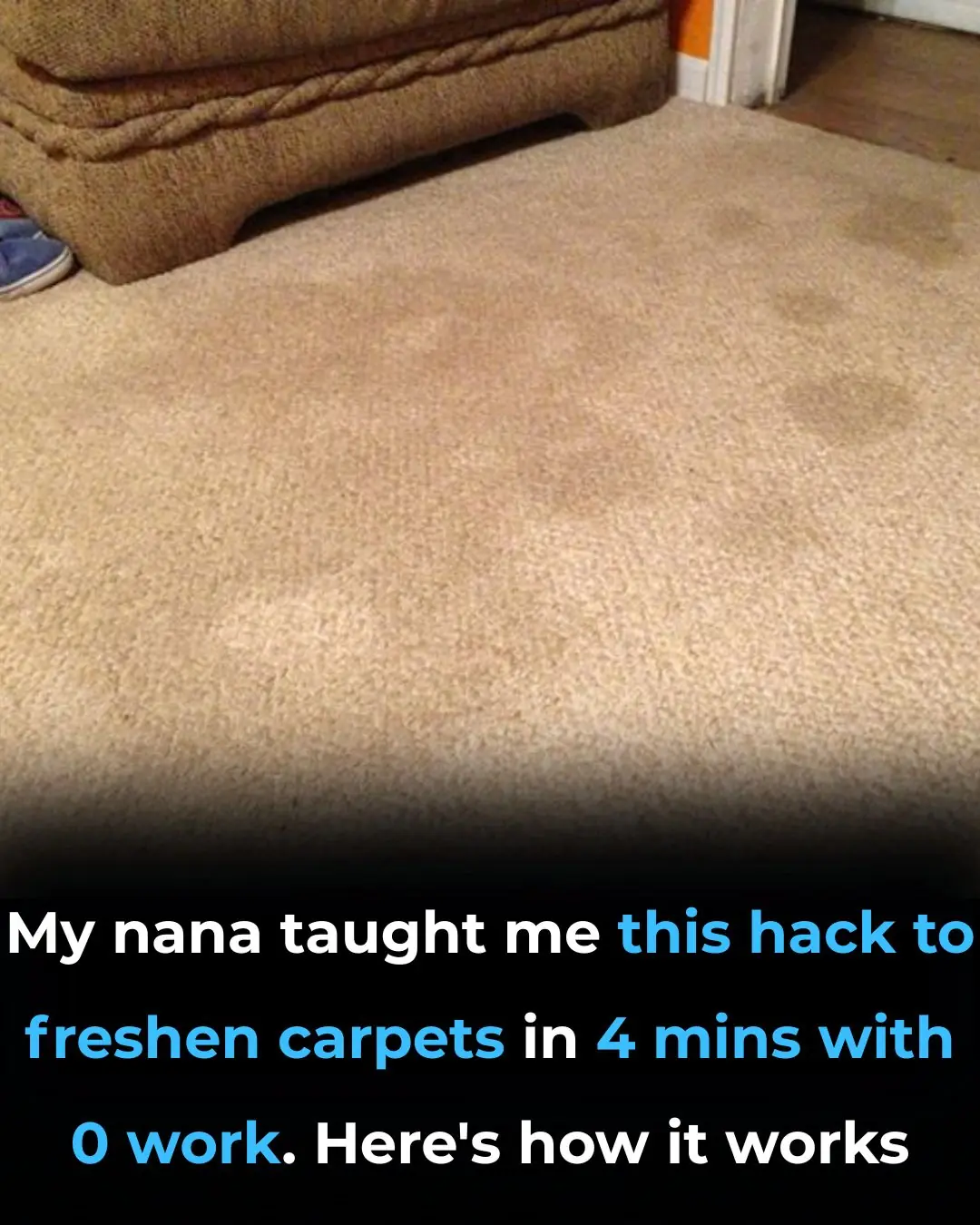
My Nana’s 4-Minute, Zero-Work Hack to Freshen Carpets

10 Foods You Should Never Cook in Aluminum Foil — And Why It Could Be Dangerous

Stop Wasting Counter Space on These 10 Kitchen Appliances

Stop Wasting Money on These 10 Paper Products

Keyless Cars: What Every Driver Needs to Know

10 Controversial Winter Watering Tricks That Actually Work

Get Rid of Squirrels for Good by Planting These 10 Squirrel-Repelling Plants

Gentle Stretches to Relieve Sciatica Pain

New Food Stamp Rules Start in November...
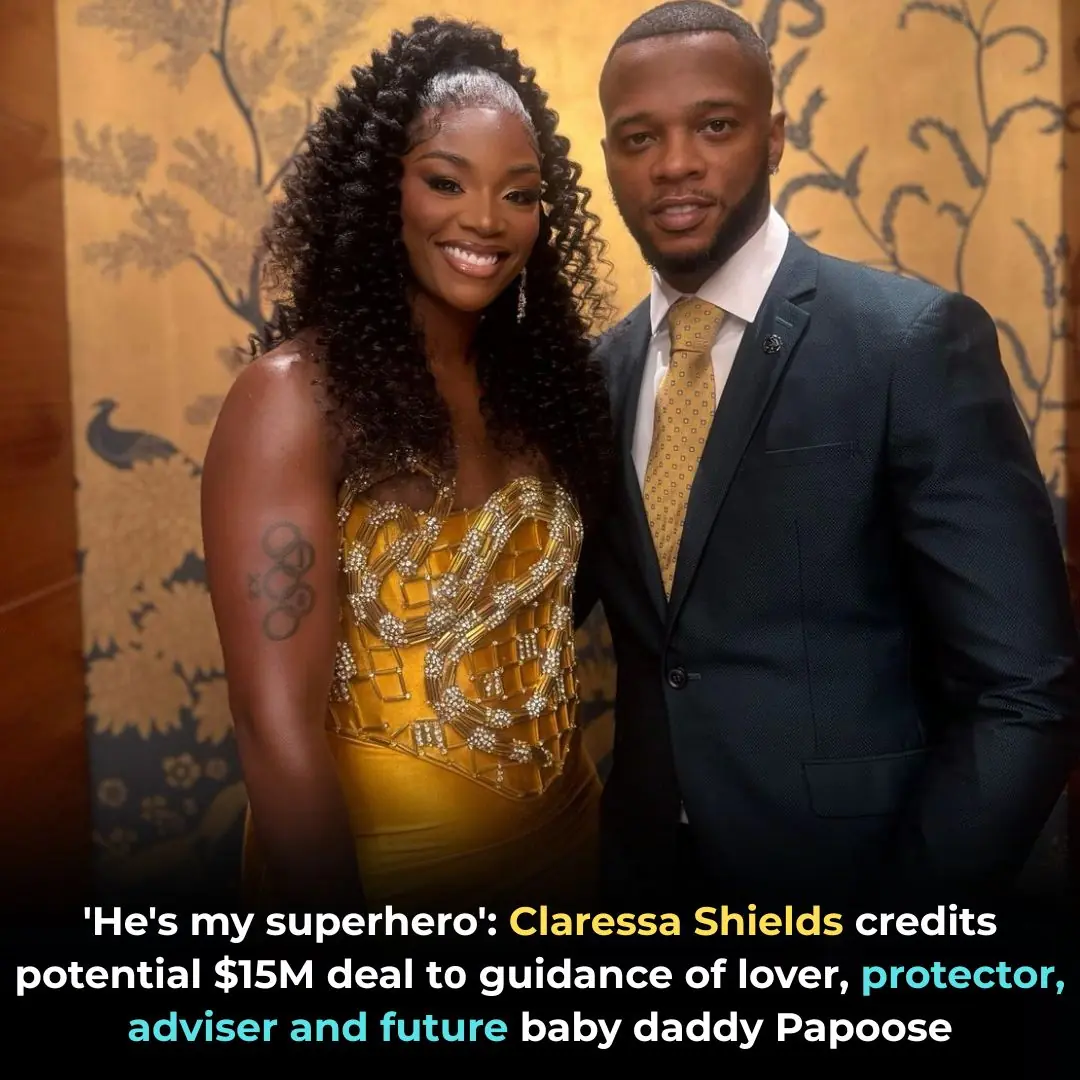
‘He’s My Superhero’: Claressa Shields Credits Potential $15M Deal To Guidance Of Lover, Protector, Adviser and Future Baby Daddy Papoose

12-Year-Old Makes History, Swimming From Saint Lucia to Martinique To Raise Awareness For Breast Cancer

Meet The Owner Of The First Beauty Supply In New Paltz, New York
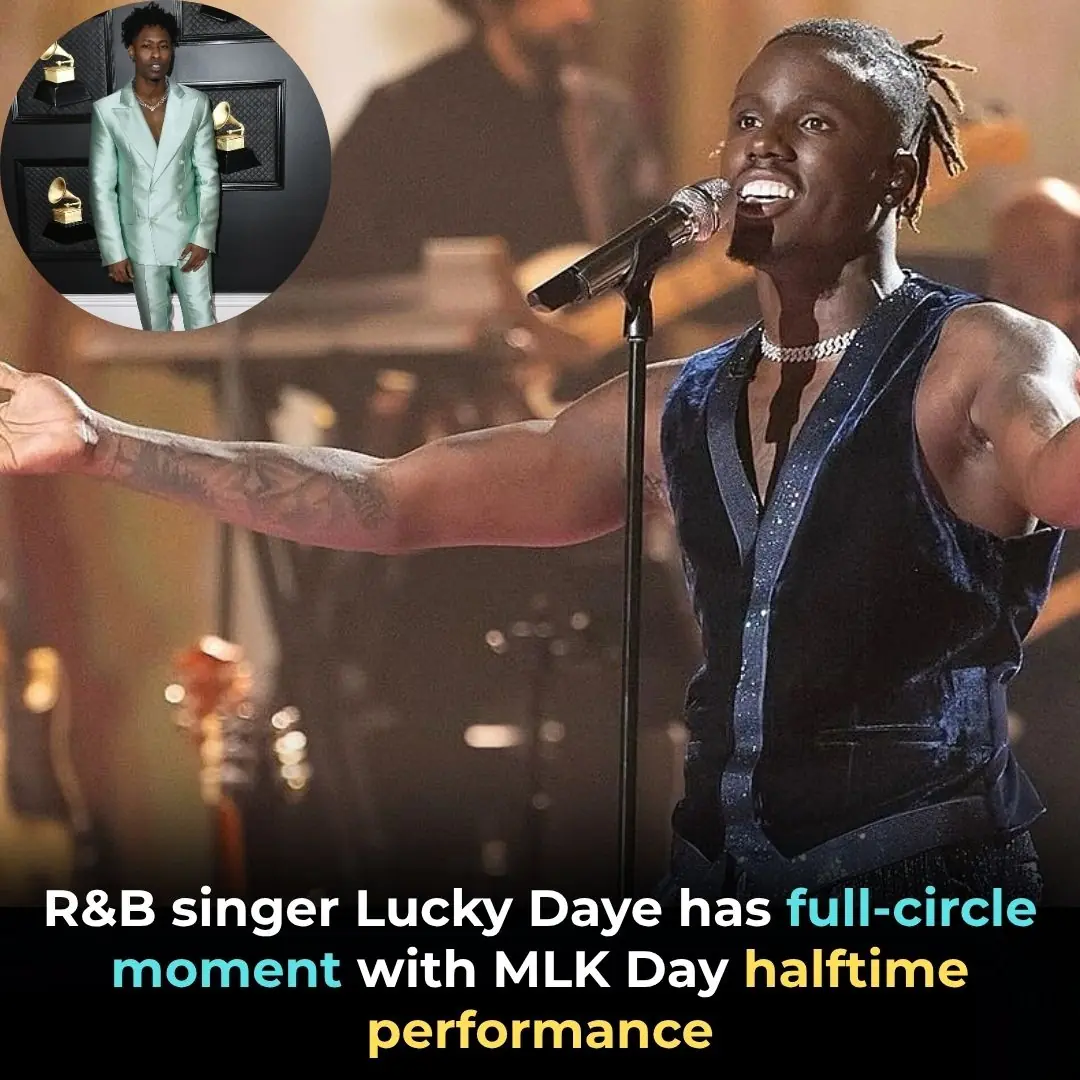
R&B Singer Lucky Daye Has Full-Circle Moment with MLK Day Halftime Performance
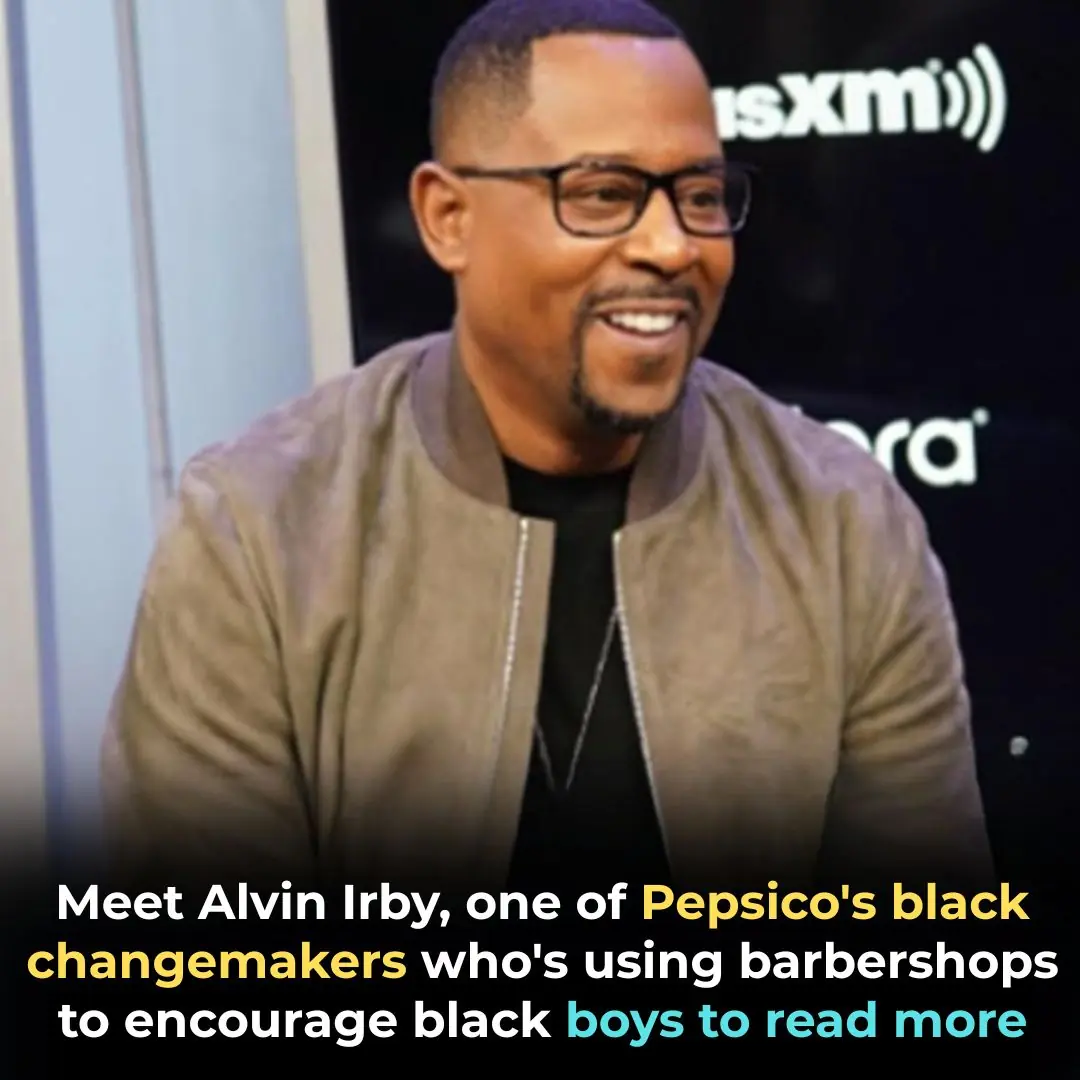
Meet Alvin Irby, One of Pepsico’s Black Changemakers Who’s Using Barbershops To Encourage Black Boys To Read More

Meet Charlie Mitchell, The First Black Michelin-Starred Chef In New York City And The Second One In The Nation

This Mom of Four Just Started Medical School at 43 Years Old
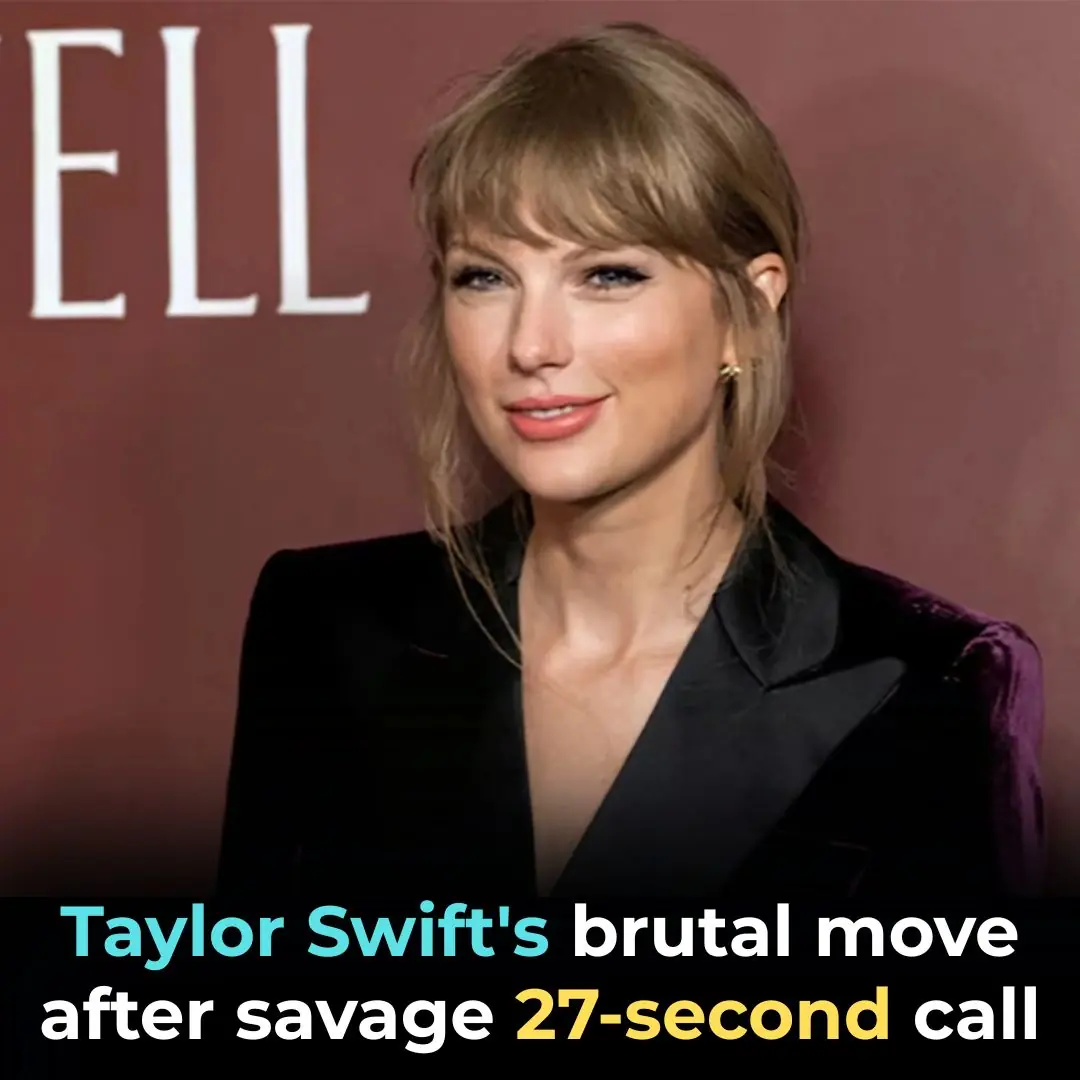
Taylor Swift's brutal move after savage 27-second call
News Post

Davina McCall reveals she’s been diagnosed with breast cancer in emotional video message

The Amazing 7 Benefits of Cucumber Peels — You’ll Never Throw Them Away Again!

My Nana’s 4-Minute, Zero-Work Hack to Freshen Carpets

Nana’s Timeless Jewelry Cleaning Trick That Actually Works

My nana taught me this hack to relieve joint pain in 5 mins with 0 work. Here’s how it works

10 Foods You Should Never Cook in Aluminum Foil — And Why It Could Be Dangerous
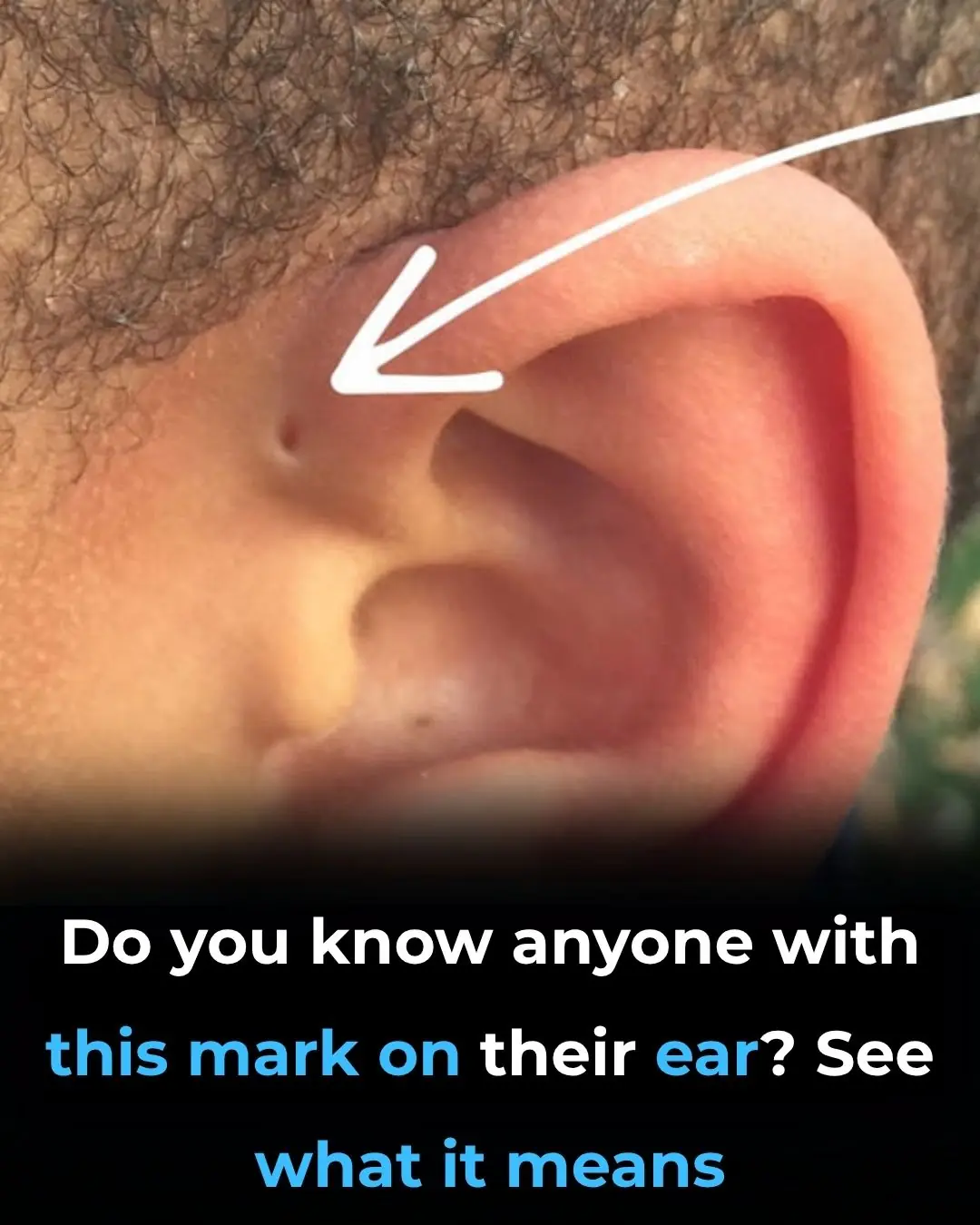
What Does This Little Mark On The Ear Mean

Stop Wasting Counter Space on These 10 Kitchen Appliances

Stop Wasting Money on These 10 Paper Products

Keyless Cars: What Every Driver Needs to Know

1 Minute to “Check Your Kidneys” at Home — See Instantly If They’re Strong or Weak

10 Controversial Winter Watering Tricks That Actually Work

Stroke and Heart Attack Often “Target” These People: 7 Things You Must Do Before It’s Too Late

Get Rid of Squirrels for Good by Planting These 10 Squirrel-Repelling Plants

Doctor Finally Explains the Secret Effect of Eating One Banana a Day

THE NATURAL FIX THAT FINALLY GOT RID OF MY SWOLLEN FEET
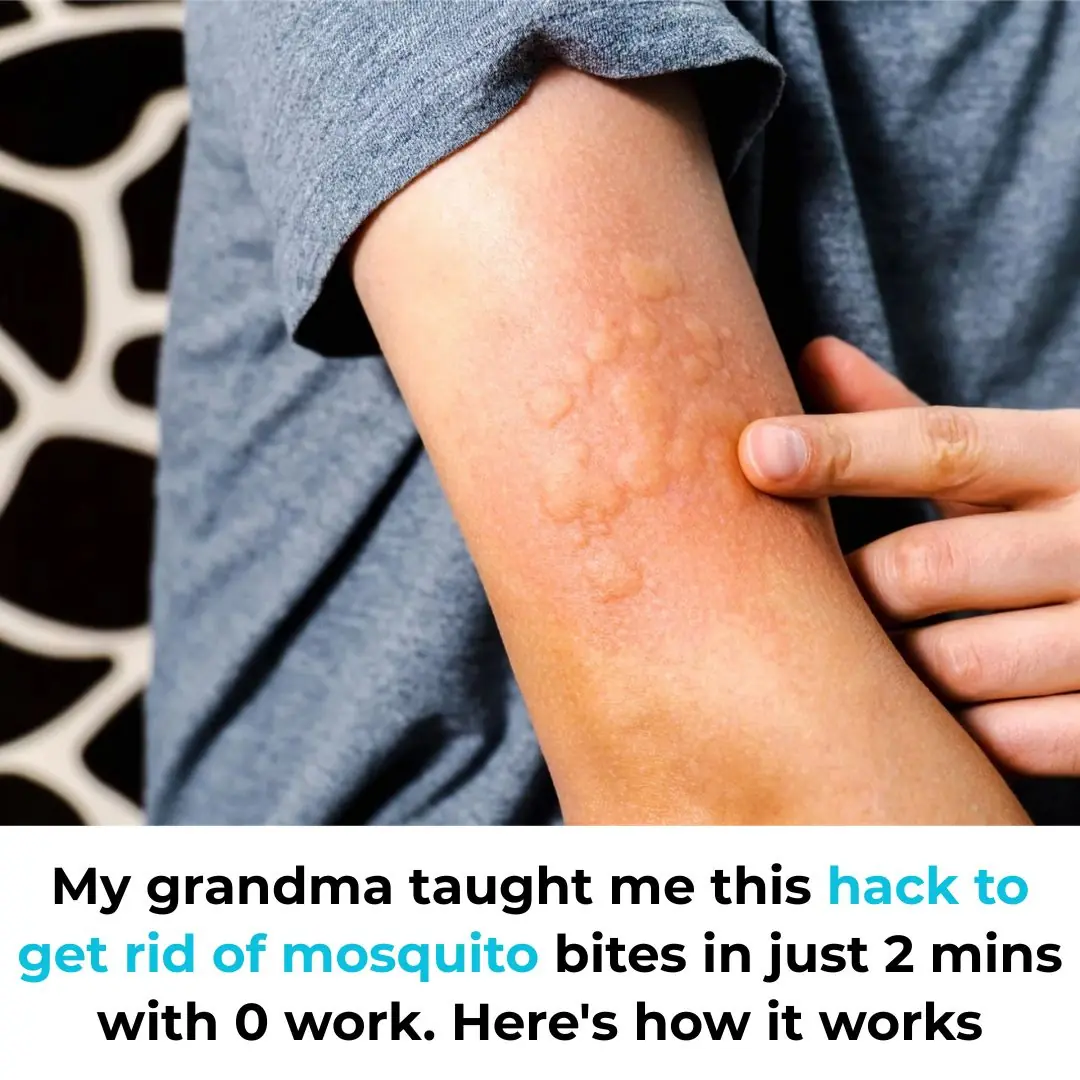
Were you aware of this? Wow, I discovered something new!

Don't throw away the milk powder carton, punch a few holes and place it next to the bed, you will see the amazing effect

4 things to keep in the freezer are "extremely dangerous", if you are careless, you could lose your life
